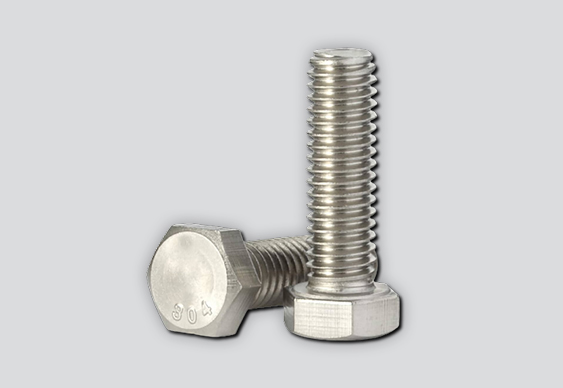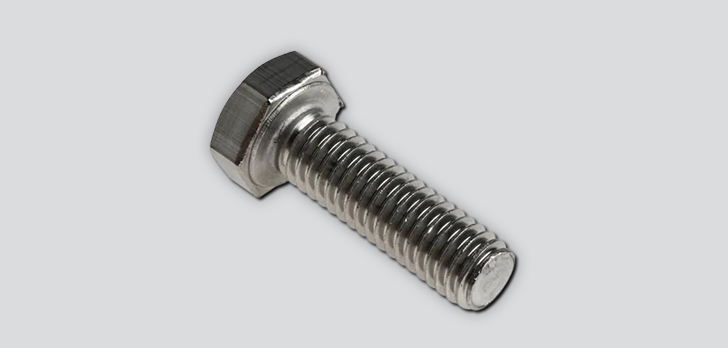
A Goverment Of India
Recognised Export House

A Goverment Of India
Recognised Export House

The petrochemical industry is a vital part of our global economy, producing a wide range of products that we use daily. From plastics and fertilizers to fuels and lubricants, petrochemicals are essential to modern life. However, the production of these materials involves harsh environments and extreme conditions, including high temperatures, pressures, and exposure to corrosive chemicals
One of the most critical components in petrochemical plants is the corrosion resistant Bolts. Bolts are used to fasten equipment, pipes, and structures, and they must be able to withstand the harsh conditions of the industry. If a bolt fails, it can lead to leaks, equipment damage, and even catastrophic accidents. That's why choosing the right bolts for the job is essential for the safety and efficiency of petrochemical plants
Corrosion is the gradual deterioration of a material due to chemical reactions with its environment. In petrochemical plants, corrosion can be caused by a variety of factors, including exposure to acids, alkalis, salts, and other corrosive chemicals. High temperatures and pressures can also accelerate corrosion
Chemical Exposure : Petrochemical processes involve a wide range of corrosive substances, including.
High Temperatures and Pressures : Elevated temperatures are common in petrochemical processes, and they significantly impact corrosion rates. Heat accelerates chemical reactions, making metals more reactive and susceptible to attack. Additionally, high temperatures can cause thermal stresses that further weaken materials and increase their vulnerability to corrosion.
High Pressures : The combination of high pressure and corrosive chemicals creates an even more aggressive environment. Increased pressure can drive corrosive substances into tiny cracks and crevices, leading to stress corrosion cracking. This type of corrosion is particularly dangerous because it can cause sudden and catastrophic failure of components.
Environmental Factors : Beyond the specific chemicals used in processes, environmental factors also play a role in corrosion.
Understanding these various factors that drive corrosion in petrochemical plants is crucial for selecting the right materials, coatings, and maintenance strategies to mitigate the risks and ensure the safe and efficient operation of these critical facilities

When choosing bolts for petrochemical applications, it's important to consider the specific conditions of the environment. Factors to consider include
We at Citizen Fasteners are aware of the particular difficulties facing the petrochemical sector. We provide a large selection of corrosion-resistant bolts that are made to satisfy the strict specifications of this sector. Our bolts come in a range of sizes, strengths, and thread types and are composed of premium materials. To add even more defense against corrosion, we can supply an assortment of coatings
We are dedicated to offering the best goods and services possible to our clients. Our bolts are produced in accordance with exacting quality standards and put through a thorough testing process to make sure they fulfill or surpass industry standards. Additionally, we provide technical guidance and support to assist our clients in selecting the appropriate bolts for their particular needs
To find out more about how corrosion-resistant bolts may completely transform the upkeep of your petrochemical plant, get in touch with Citizen Fasteners at sales@citizenfasteners.com or visit our website at https://citizenfasteners.com/.